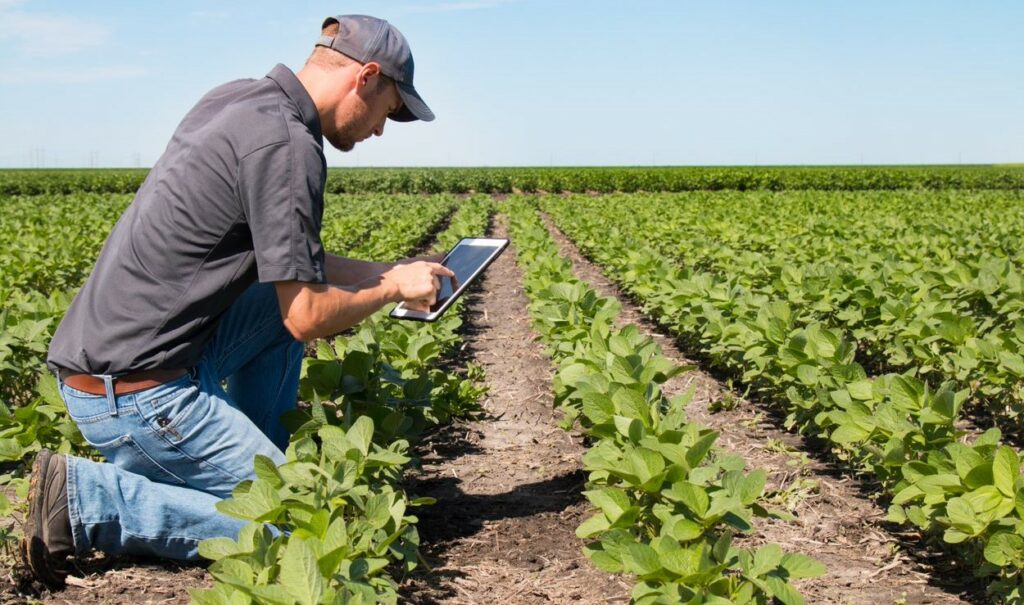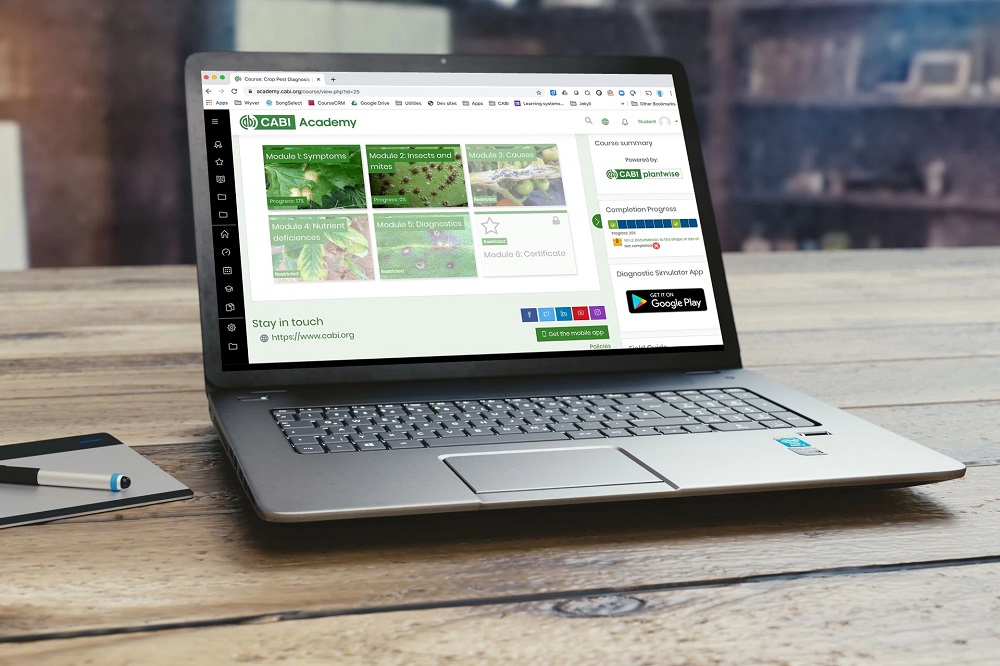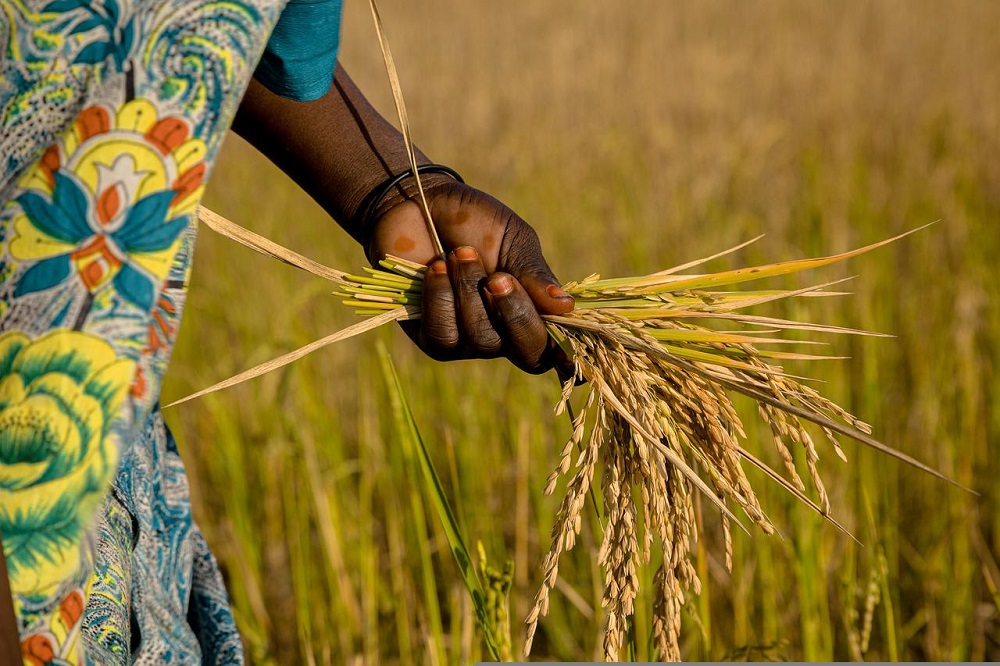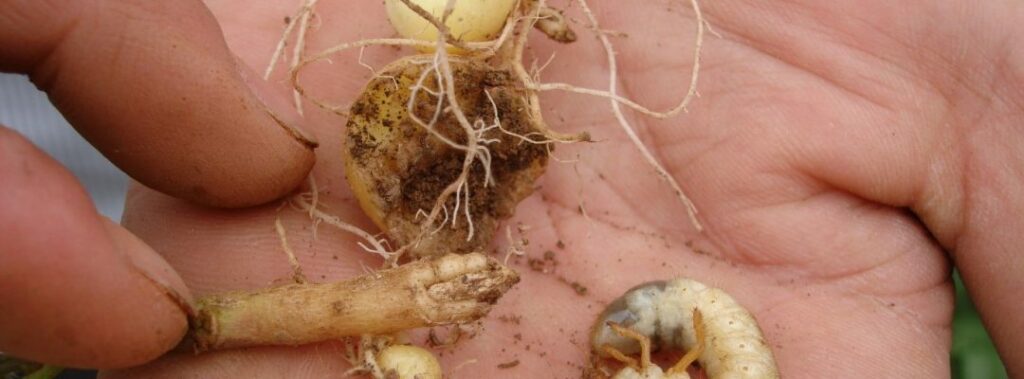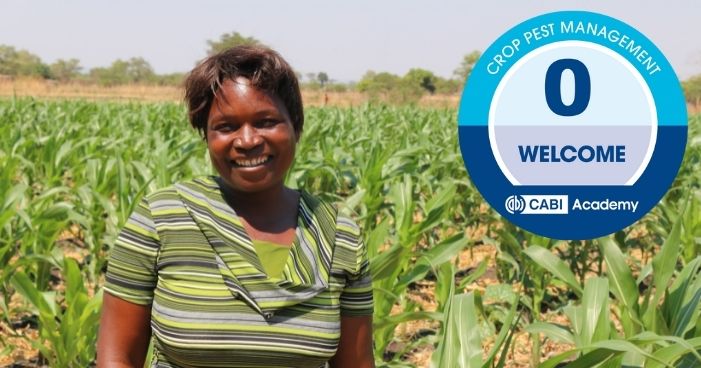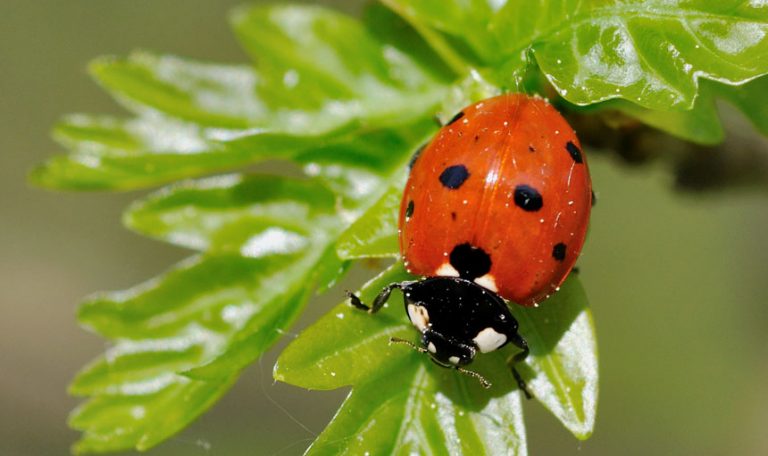Agricultural mobile apps strengthening agricultural extension
CABI’s range of agricultural mobile apps provides a way for smallholders to access up-to-date, real-time information, either first-hand or through advisory services. Smallholder farmers across the world need access to agricultural advice so their crops are less susceptible to pests and diseases. Extension and advisory service workers are important for communicating science-based solutions with communities,…
4 pests and diseases of maize
Maize is an important crop, grown by smallholder farmers around the world. It is a staple food in the diets of millions and is vital for food and economic security. However, there are a number of pests and diseases that attack maize and limit yields. Below we outline four pests and diseases of maize and…
Selecting the right biopesticide or biocontrol product for your needs
This article was originally published on the CABI BioProtection Portal blog. Visit the original blog post here. Choosing a biopesticide or biocontrol product for managing a pest is about asking the right questions. Below we have compiled a simple list that will help you make the right choice, with the CABI BioProtection Portal to support and guide you.
Update: New Pest & Disease Records (5 May 2022)
We’ve selected a few of the latest new geographic, host and species records for plant pests and diseases from CAB Abstracts. Records this month include the first record of wheat stem rust in Ireland in decades and the first report of invasive thrips infesting chilli in Karnataka, India.
Spotting and managing Spodoptera armyworms
Armyworms are the larvae of Spodoptera moths. There are over 30 different species of Spodoptera, which are found all over the world. Although structurally the same, there are differences between species in colour, host plants and geographical distribution.
Update: New Pest & Disease Records (7 April 2022)
We’ve selected a few of the latest new geographic, host and species records for plant pests and diseases from CAB Abstracts. Records this month include records of Dryomyia lichtensteinii and Pristiphora depressa, both new to Britain, and new records of several powdery mildews from Taiwan.
Free CABI Academy eLearning courses for extension providers available in Rwanda
CABI’s new digital learning platform, the CABI Academy, is now available for free for users in Rwanda. The digital courses are designed for agricultural extension and advisory service providers. They provide important practical advice and resources to participants to grow their knowledge and provide the best possible advice to farmers.

